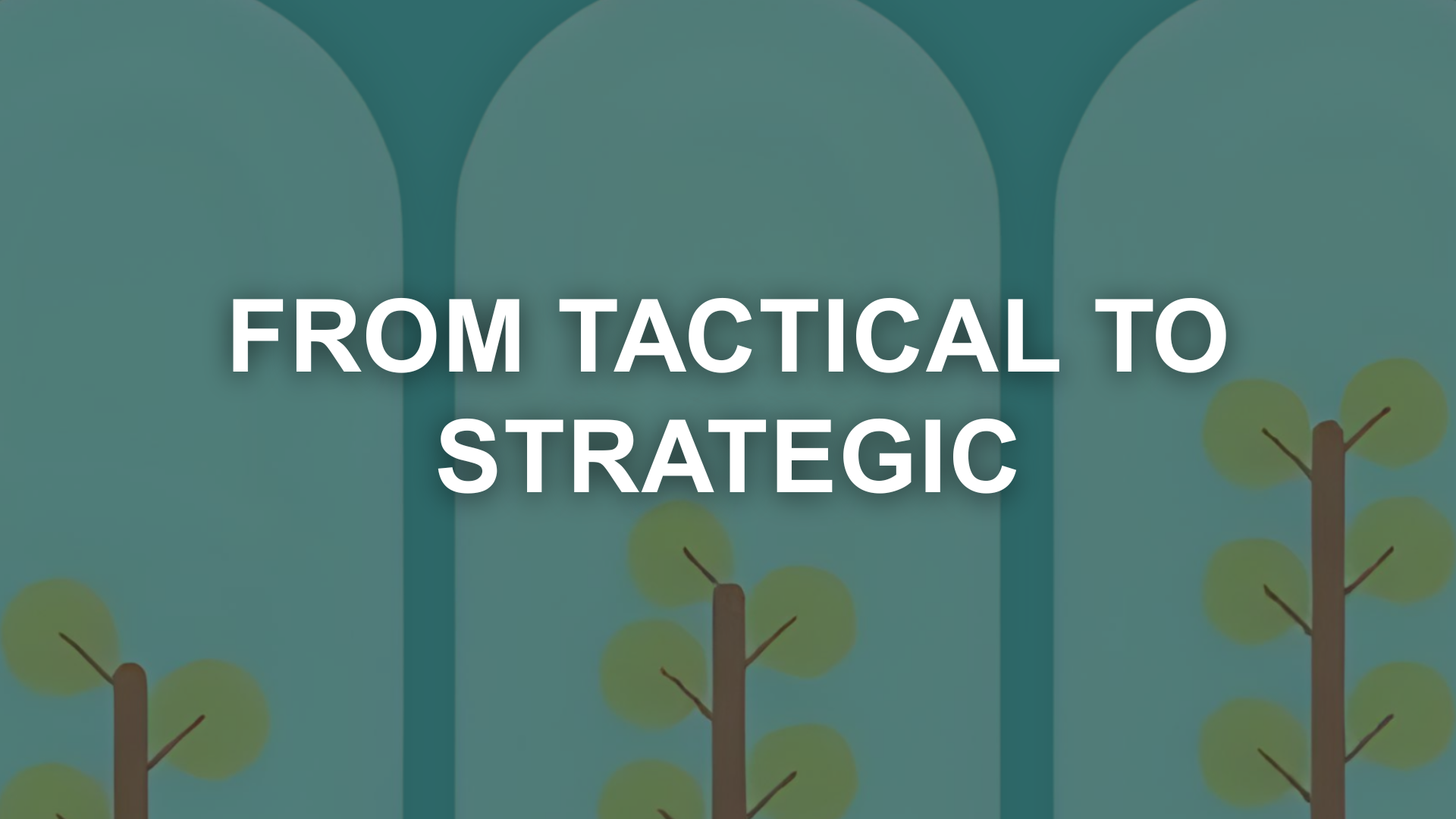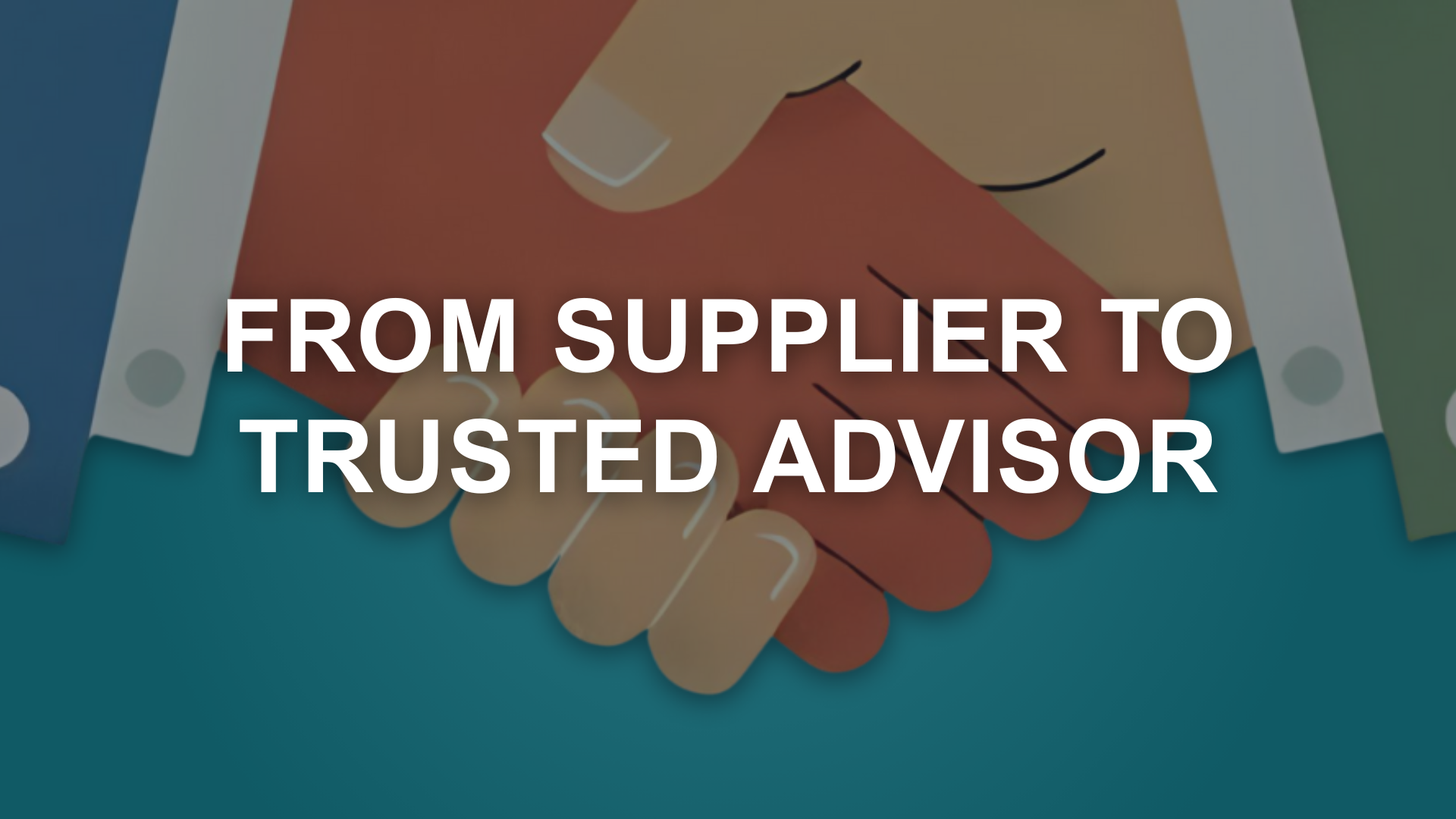
CONNECTION
The Power of Asking for Help: Building a Network to Fuel Career Progress
JUNE 2025
DISCLAIMER: ALL VISUAL CONTENT AND DESIGNS WERE CREATED USING CANVA.Kate Liu-Bevan
Author
In the dynamic business world of today, the journey to success often feels like a solitary one, particularly for women. We're taught to be self-reliant and to prove ourselves capable. And yet many women are also highly skilled at offering support to others – perhaps guiding a colleague, sharing advice or mentoring someone just starting out. However, when it comes to asking for help, many of us hesitate, feeling as though we must do it all alone.
I once worked with a woman in a senior leadership role at a major organization who, despite her impressive achievements, she felt stuck in her career. She was generous in offering help to others but was reluctant to reach out for her own support. She shared, "I always feel that I should have everything figured out. Asking for help seems like a sign of weakness.”

“Asking for help is not a sign of weakness, it is a sign of courage.”
- Brené Brown
In my experience, it is a mindset held by too many women in todays’ business world. This belief that asking for help shows vulnerability or a lack of competence is all too commonplace amongst senior women executives. Whilst it might appear obvious that asking for help is a sign of strength, the barriers to women feeling comfortable in asking for help is genuine limitation in unleashing their full leadership potential.
As we explored this together, I encouraged her to think of her career as not the sum on her own achievements, but of collective growth. The key to that growth is building a network of mentors, trusted colleagues and critical friends who can offer guidance, challenge thinking and provide honest feedback. These relationships not only help develop capabilities but also boost confidence and offer clarity on leadership styles.
As she implemented this new thinking she developed a network; surrounding herself with a small, intentional group who were invested in her growth. The deep, meaningful relationships became mentors - who had walked the path before her - and critical friends who were not afraid to tell the hard truths.
Over time, she began to embrace the power of her network. She gained new insights, tackled challenges with greater ease and she began to see her own leadership style evolve. So, the lesson is that we don’t have to go it alone. Building a network isn’t just about expanding our connections - it’s about nurturing a space where we can grow, be supported and gain clarity on our own leadership style. So, let’s challenge ourselves to do something we often hesitate to do: ask for help, empower ourselves and become the best version of ourselves.








